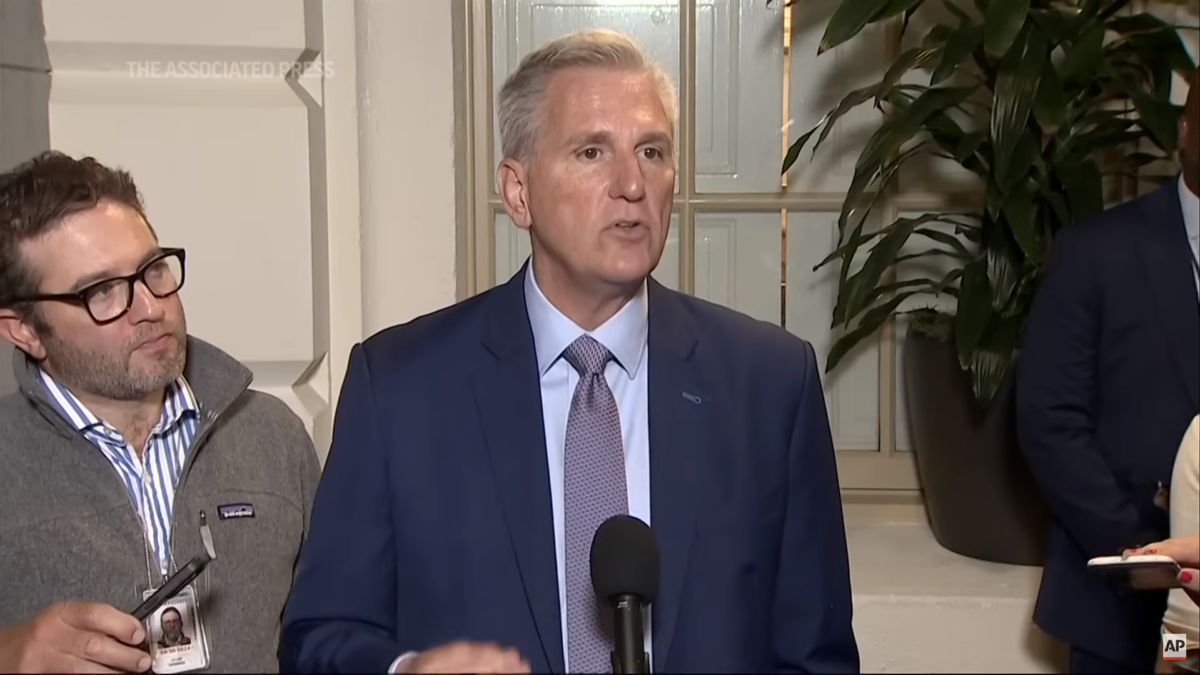To end ‘The Era Of Austerity,’ wouldn’t you need to experience some austerity in the first place?
The big story today is that the White House’s new budget will propose $56 billion in additional spending. Much of the news coverage tells us that this spike means the White House has abandoned its customary magnanimous centrism and is ready to move forward on the Democratic priorities it’s been neglecting. Zachary Goldfarb’s piece in the Washington Post actually carries the headline: “With 2015 budget request, Obama will call for an end to era of austerity.”
Bottom line on new WH budget, they are trying to reverse the austerity that has dominated US politics for four years.
— Zachary Goldfarb (@Goldfarb) February 20, 2014
The only thing wrong with this storyline is everything. Austerity describes policies that are used to reduce budget deficits during downturns. There has never been any high-level discussion in Washington about austerity. Now, you may believe that stimulus spending should be the baseline for budgets moving forward, and you may even have pretended that a one-time, 1.2 percent sequester cut foreshadowed the End of Days, but the federal government hasn’t engage austerity in any meaningful sense of the idea.
More important to the media narrative we’re hearing, Obama’s proposed budgets have never embraced austerity, austerity has never been the focal point of his politics, and none of the president’s budgets have come close to cutting spending or bringing down deficits. Actually, his budgets have almost all looked the same. This next one will be no different.
In 2010, Obama sent Congress a $3.8 trillion budget proposal for 2011.
In 2011, Obama sent Congress a $3.7 trillion budget proposal for 2012.
In 2012, Obama sent Congress a $3.8 trillion budget proposal for 2013.
In 2013, Obama sent Congress a $3.8 trillion budget proposal for 2014.
According to the Congressional Budget Office (CBO), Obama’s purportedly austere budget for 2014 proposed to add $160 billion in spending increases, with $1 trillion to the projected growth in annual spending by 2023 — a $2.1 trillion spike if compared to 2012 numbers. And Obama’s “balanced approach” budget for 2013 called for an array of tax increases to offset $100 billion in increased spending. Why anyone believes that $56 billion is atypically progressive is perplexing.
Deficits have fallen recently, as expected. But they project to tick up after Obama leaves office. Still, Obama has never even been in a serious discussion about austerity. In 2012, Obama’s budget would have created $6.4 trillion in new deficits in a decade, according to the CBO. Obama’s 2013 budget would have added $3.5 trillion to annual deficits through 2022, and his 2014 budget proposal would have added $5.2 trillion in deficits over 10 years. Maybe you believe these deficits don’t matter, or maybe you’re annoyed that deficit scolds are clogging up the debate, but austerity hasn’t dominated American politics, and it certainly hasn’t been a part of any policy discussion by this administration. As someone who believes austerity would be fantastic, I think it’s clear that most Republicans only like the idea conceptually.
Obviously, how we prioritize budgets matters. This budget’s spending increase will reportedly fund the administration’s “Opportunity, Growth, and Security Initiative” — which includes an collection of left-wing pet causes that Obama has been proposing since he became president.
What makes this budget different, though, is that Obama has abandoned “chained CPI” — a mechanism that measures inflation more accurately and would mean smaller benefit increases for Social Security recipients. Your personal exemptions, your deductions, earned-income and child tax credits, etc., would all have been adjusted for CPI.
This was a key sticking point in “Grand Bargain” negotiations. Republicans were to accept this concession and then agree to an assortment of (highly asymmetrical) tax increases. Because of the outpouring of anger on the Left over any reform of entitlements, the perception remains that this was a far larger concession by the administration than it was in actuality. The CBO estimated that switching to a chained CPI would raise taxes by about $124 billion over the next decade (the White House estimated $230 billion over the same period of time). This may be worthwhile, but it amounts to little in the way of austerity. So little, in fact, that the extra revenue over 10 years of a chained CPI would be less than the spending increases the president asks for in most years.
The Era of Austerity, indeed.
David Harsanyi is a Senior Editor at The Federalist and author of the forthcoming The People Have Spoken (and They Are Wrong): The Case Against Democracy. Follow him on Twitter.









